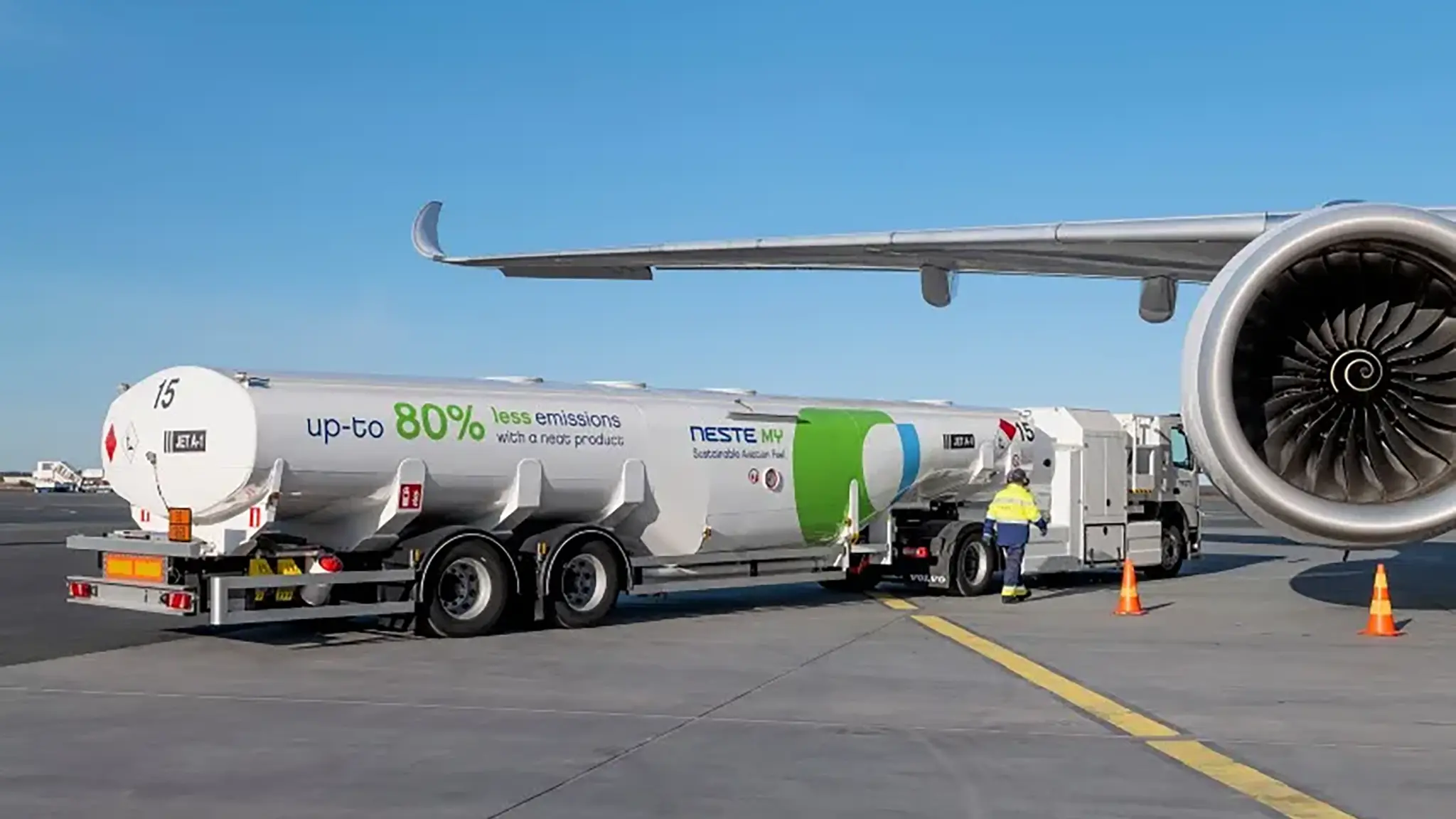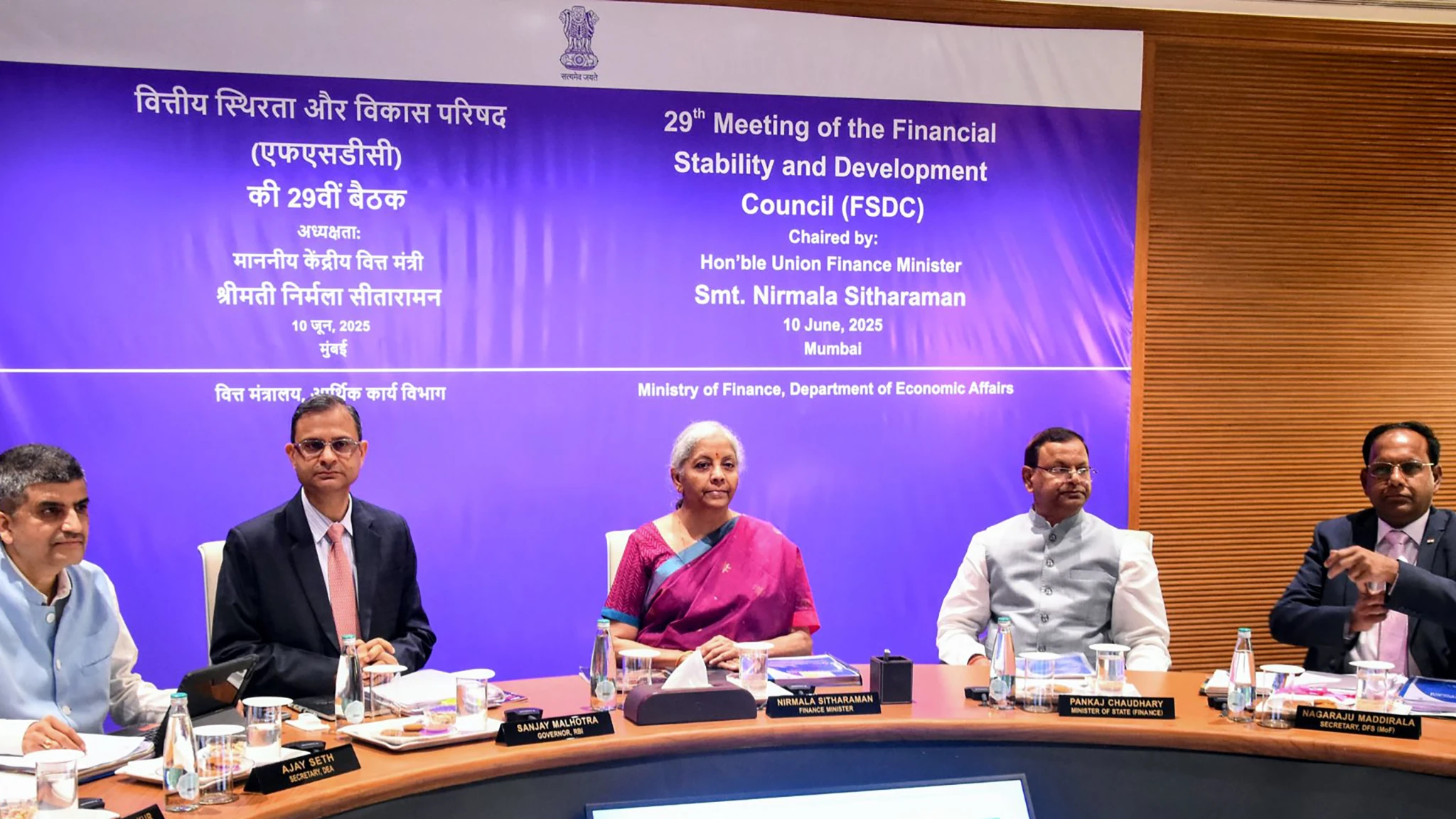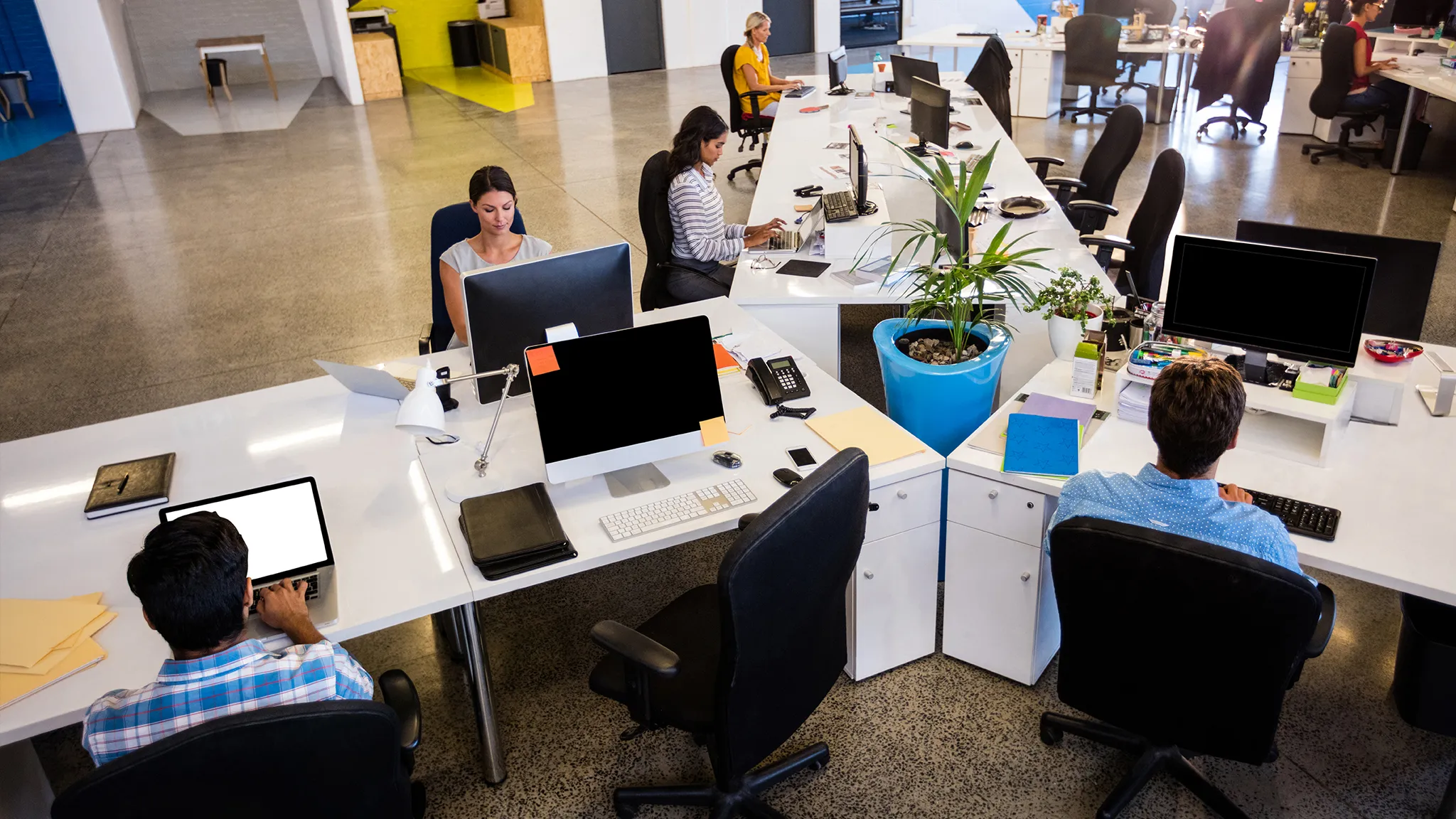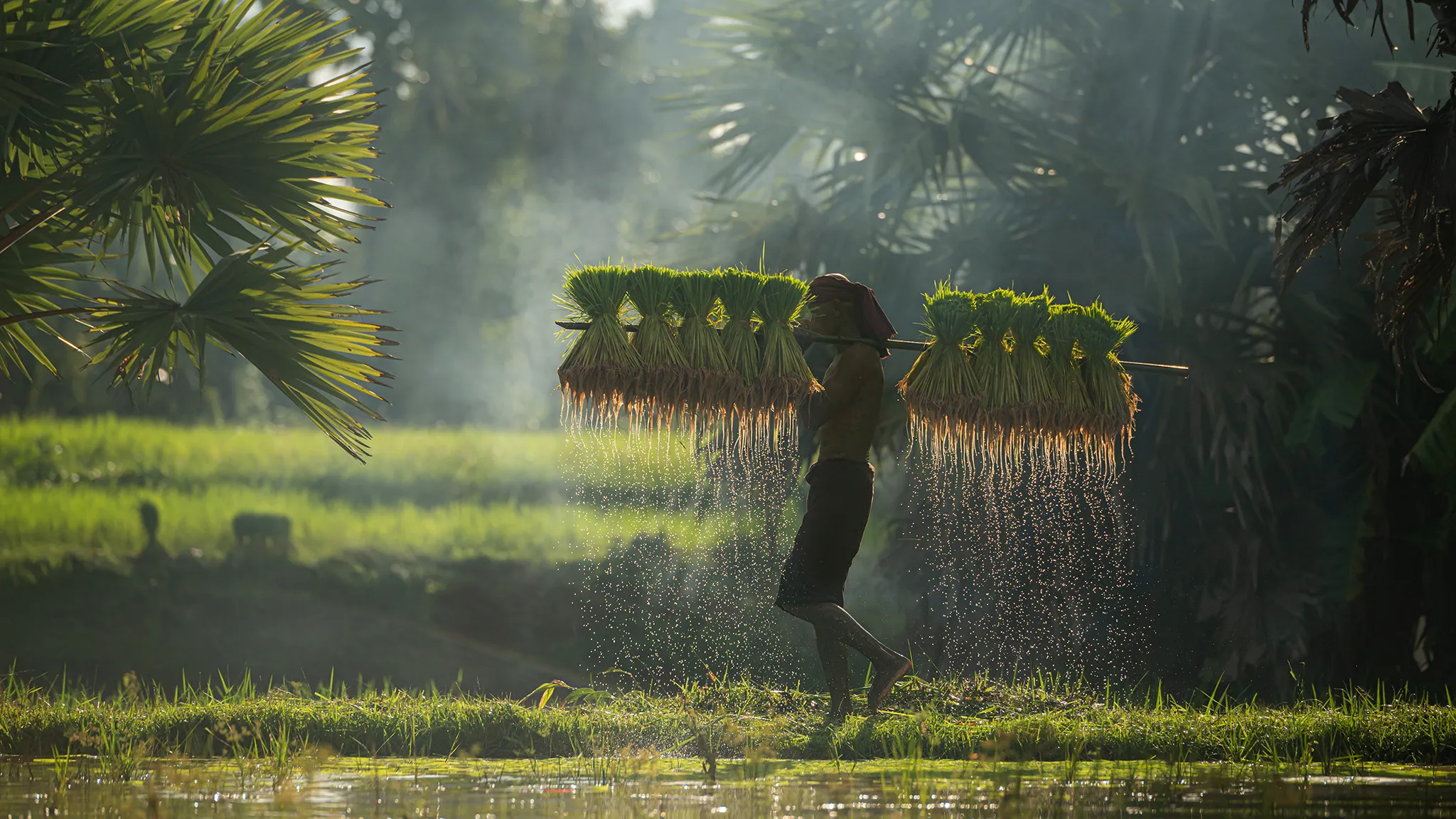The drumbeat for a sustainable future is getting louder, and two key areas demanding immediate attention are land restoration and the development of sustainable aviation fuels (SAF). Both are crucial in our fight against climate change and for ensuring a liveable planet for future generations. However, recent news highlights a significant hurdle: a glaring lack of private sector investment in these vital sectors.
Land Restoration Finance Blackhole
Saudi Arabia’s UNCCD Presidency recently launched Land Day, focusing on the urgent need to unlock private sector investment for land restoration. A report highlighted that a mere 6% of financial commitments for land resilience and drought restoration originate from private sources. This ‘blackhole’ in funding is alarming, especially considering the UNCCD’s estimate that land degradation could cost the global economy a staggering $23 trillion by 2050. The focus on rangelands is particularly pertinent, with over half already degraded, threatening food security and exacerbating climate change. It’s clear that relying solely on public funds is insufficient; the private sector must step up.
Sustainable Aviation Takes Flight
On a brighter note, there’s movement in the sustainable aviation sector. The Asian Development Bank (ADB) has signed an agreement to provide $86.2 million in financing for a waste-based SAF plant in Pakistan. This initiative marks the first private sector-led SAF project in Asia-Pacific, a region heavily reliant on aviation. Using waste feedstock like used cooking oil, the plant aims to produce 200 kilotons of SAF annually. Shell has already signed a long-term offtake agreement, signalling market demand. This project demonstrates the viability and growing momentum for SAFs as a crucial tool for decarbonising the hard-to-abate aviation sector.
Common Thread of Investment
While seemingly disparate, land restoration and SAF share a common thread: the urgent need for substantial private sector investment. Both sectors are critical for a green future, yet both face significant funding gaps. Land restoration needs investment to reverse degradation and secure ecosystems, while SAF requires capital to scale up production and make it commercially viable. The ADB-funded SAF plant in Pakistan offers a blueprint for how targeted financing can catalyse private sector involvement in sustainable projects.
For a truly green future to take flight and root, a paradigm shift is needed. Governments must create policies and incentives that de-risk investments and make sustainable projects attractive to private capital. Simultaneously, businesses need to recognise the long-term value and opportunities in these sectors, moving beyond short-term profit considerations. The future of our planet, and indeed, economic stability, depends on bridging this investment gap and fostering a robust, privately funded green economy.
What is the next step? We need to see more such partnerships between public institutions like ADB and private companies to de-risk and scale up green projects, not just in aviation and land restoration, but across all sectors vital for a sustainable future.
Image Courtesy: Business Travell News










Leave a Reply